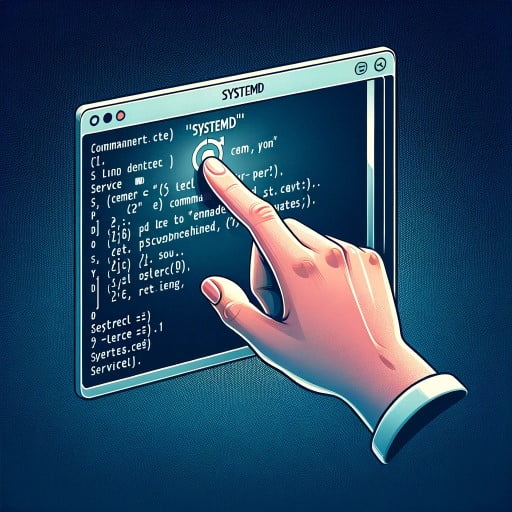
21st Century System Administration (Or: How I learned to stop worrying and love systemd)
Let me introduce myself.
I saw an article here encouraging others to write their first (and maybe subsequent?) articles about open source. I’ve been interested in open source for quite some time, and I’d like to take advantage of my writing skills as well. Let me tell you a little about myself, so you know what you can expect.
My name is Matthew Miller, and I live in Kansas. I was born in Wichita in the early 70s. I’ve been involved with computers since my junior high school years, where I first encountered a TRS-80 Model I, but spent most of my time on that magic machine, the Commodore 64, which was also in the school’s computer lab.
My involvement in open source began in the mid 90s, but not with Linux; that wouldn’t come until later. I had been experimenting with various distros, like Red Hat and SuSE, but wasn’t satisfied with any of them. At the same time, my mainstay OS (after I’d decided to begin parting ways with Windows, and this would have been roughly in the Windows 98/XP era), was FreeBSD. I loved the simplicity of its startup files, and how easy it was to modify its behavior with simple text files. I decided to search around on the Internet to see if there was a distro that mimicked FreeBSD’s startup file structure, and Slackware came up. I decided to give it a go, and had been using it ever since, at least until recently.
My motivation for considering systemd, which for me had been persona non grata on my systems because of its perceived complexity as compared to the BSD/SystemV init system, was the fact that the new version of mpv, my go-to video player, had just come out with 0.39, which took advantage of ray-tracing, as well as Vulkan, which had been available in previous releases, would make excellent utilization of my recent system upgrade to a Ryzen 9 5950X, 128 GB of RAM, on a RTX 3060 with 12GB of VRAM from a FX-8370, 32GB of RAM on a GTX 970 . I came into some inheritance money from my father’s estate, and decided to go for a whole system upgrade. My rig at that point was ~ 10 years old. It sorely needed an upgrade.
I ran across David Both’s article about systemd’s benefits as a sysadmin. I should mention at this point that I possess a bachelor’s degree in computer science from Kansas State University, which I received in the fall of 2017, and was looking for a comprehensive set of books to teach me about systems administration which wasn’t focused on certification of some kind, and Both’s books fit my criteria. I bought the books specifically because it wasn’t focused on certification, but was written from a passion for Linux and systems administration. Well worth the purchase price for all 3 books!
I wasn’t convinced solely by David’s articles, although I didn’t really give it much thought one way or another, until the mpv debacle, because I was running the 15.0 release of slackware64, which was > 2 years old, and the shared libraries were too old for the new release of mpv. It was at this point that I decided to reconsider a rolling release of Linux, so I could take continual advantage of new software as it became available.
When I was running slackware, I loved to apply kernel patches and experiment with performance enhancements to my system from the kernel perspective. Just because I upgraded to a Ryzen 9 didn’t mean I wasn’t still interested in specialty patches, but I had fallen off that bandwagon because I had worn out an SSD from the very frequent kernel upgrades, and was not keen on frequently replacing the SSD (I don’t have a whole lot of income).
It was around this time that I came across an Arch Linux variant of Linux called CachyOS, and it was precisely what I had been looking for: perfomance-patched for optimal kernel performance, the systemd aspect was something I could work with, and the slavishly devoted development team. Time for an upgrade!
It went pretty smoothly, all things considered, and the eye candy on my 4 2560×1440 monitors was considerable. I have been pretty pleased with its performance so far.
This is my first article, and I’m keen to know what readers think of my very first attempt at professional technical writing. Thanks for reading!